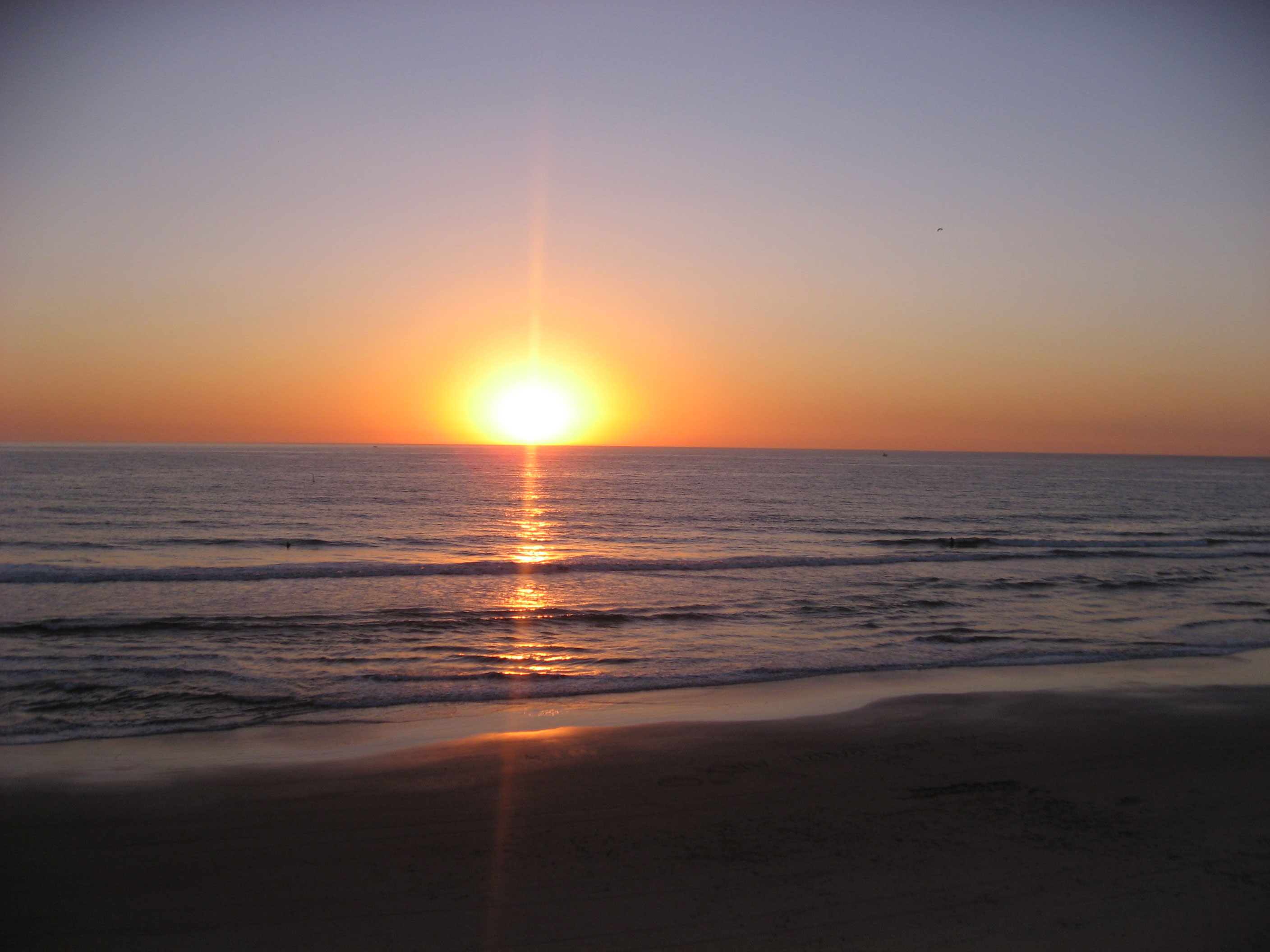But my late spring no bud or blossom showeth.
It shall be still in strictest measure even
To that same lot, however mean, or high,
All is, if I have grace to use it so,
As ever in my great taskmaster’s eye.
|
Oh, the sots and thralls of lust
|
|
|
Do in spare hours more thrive than I that spend,
|
|
|
Sir, life upon thy cause.
|











